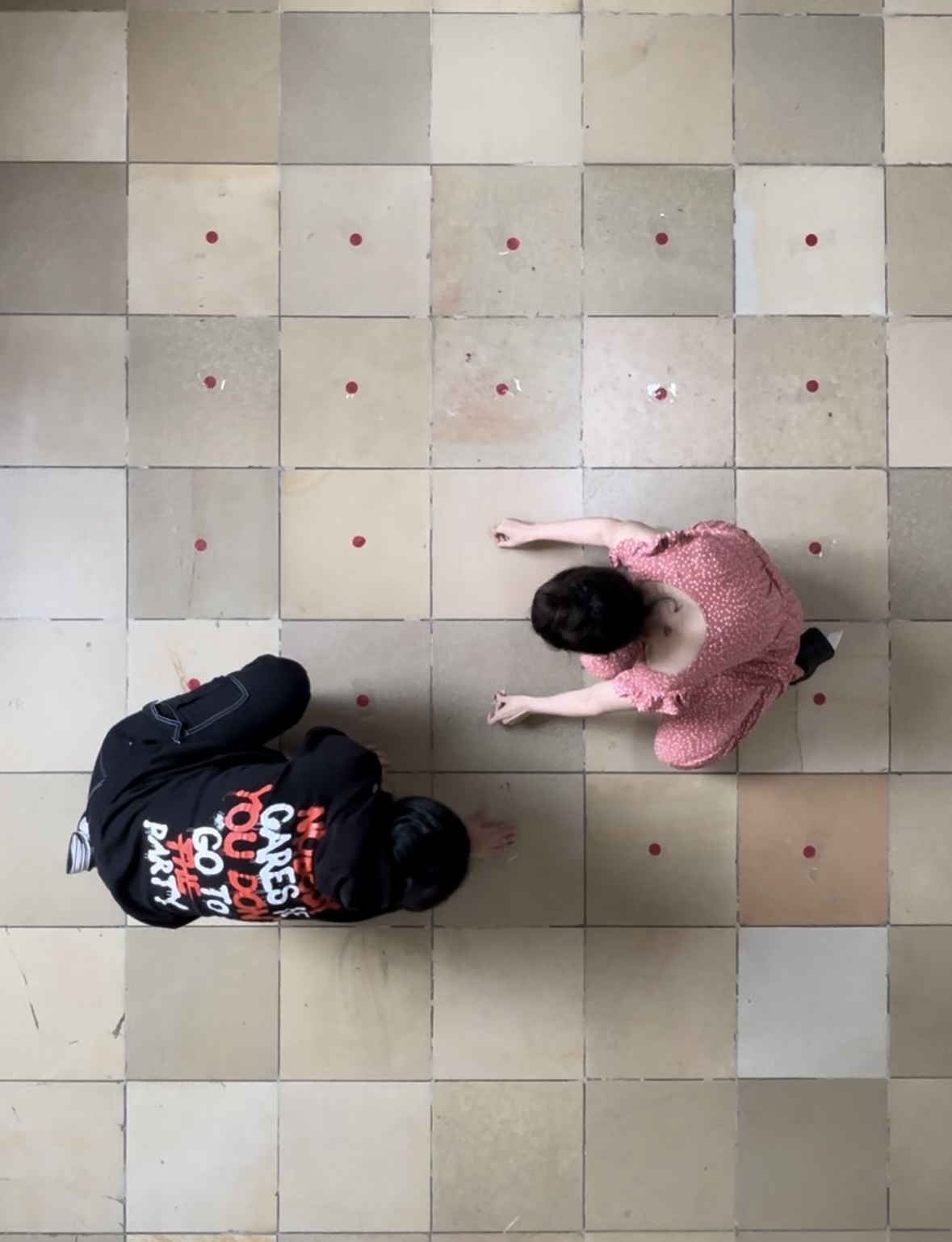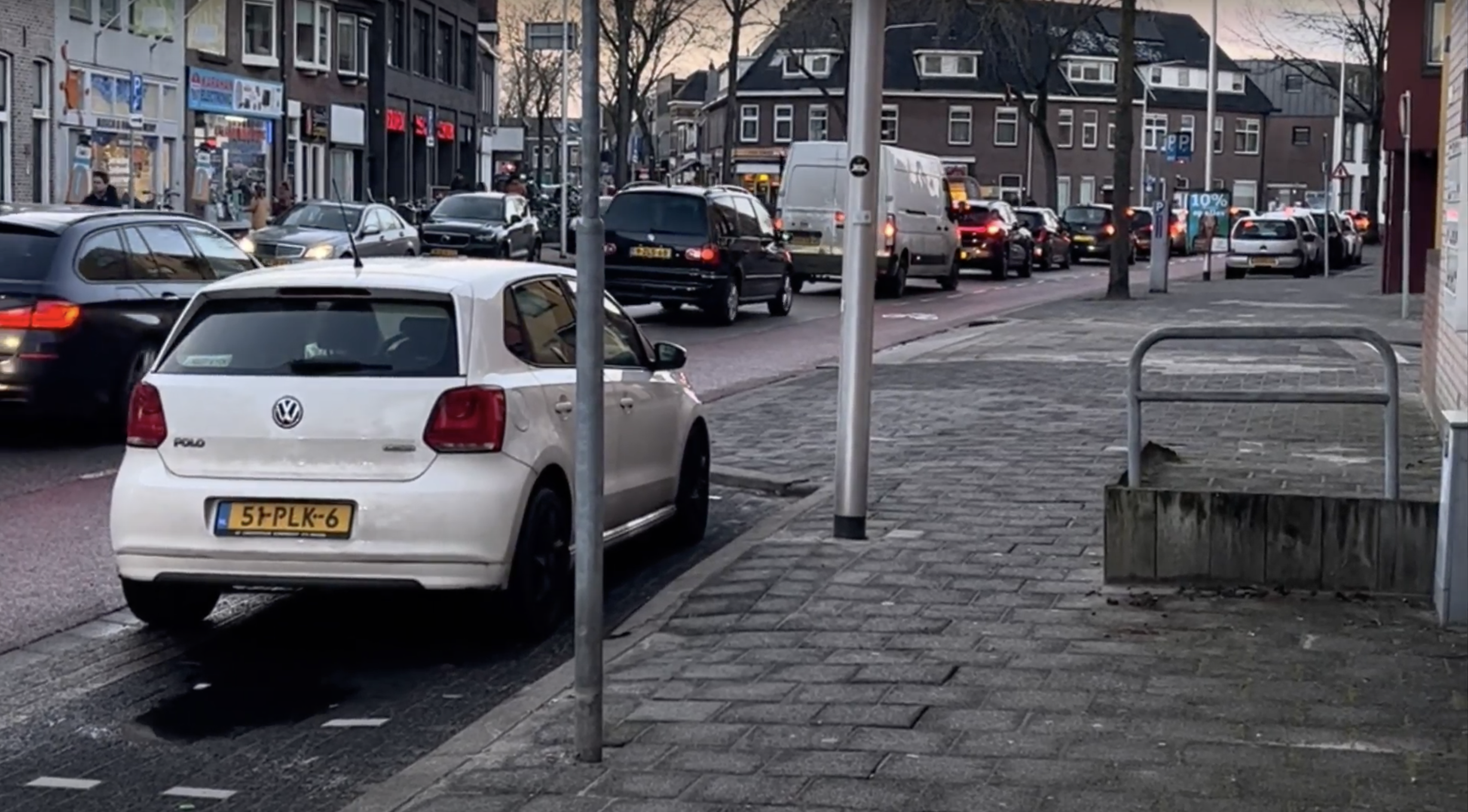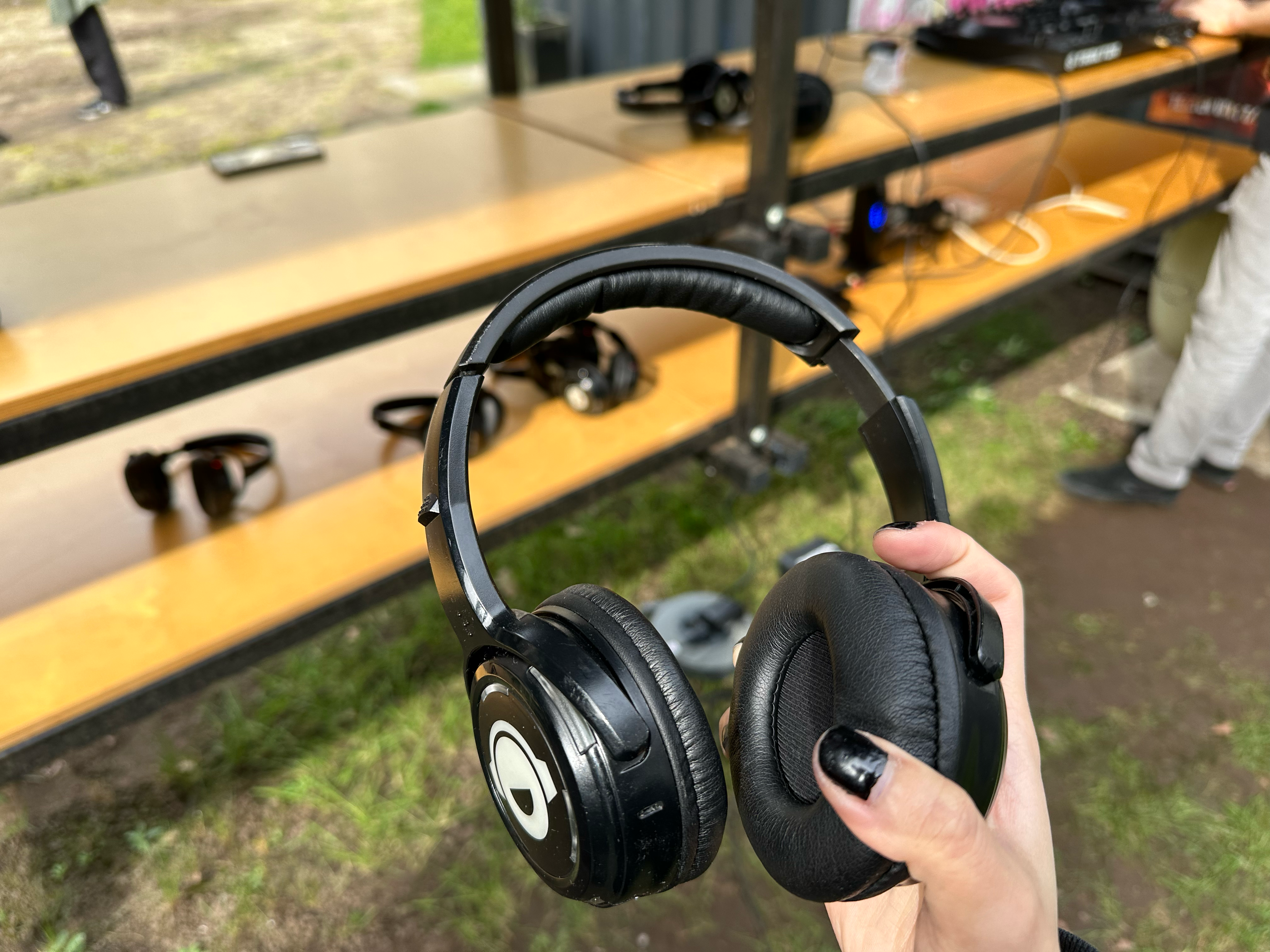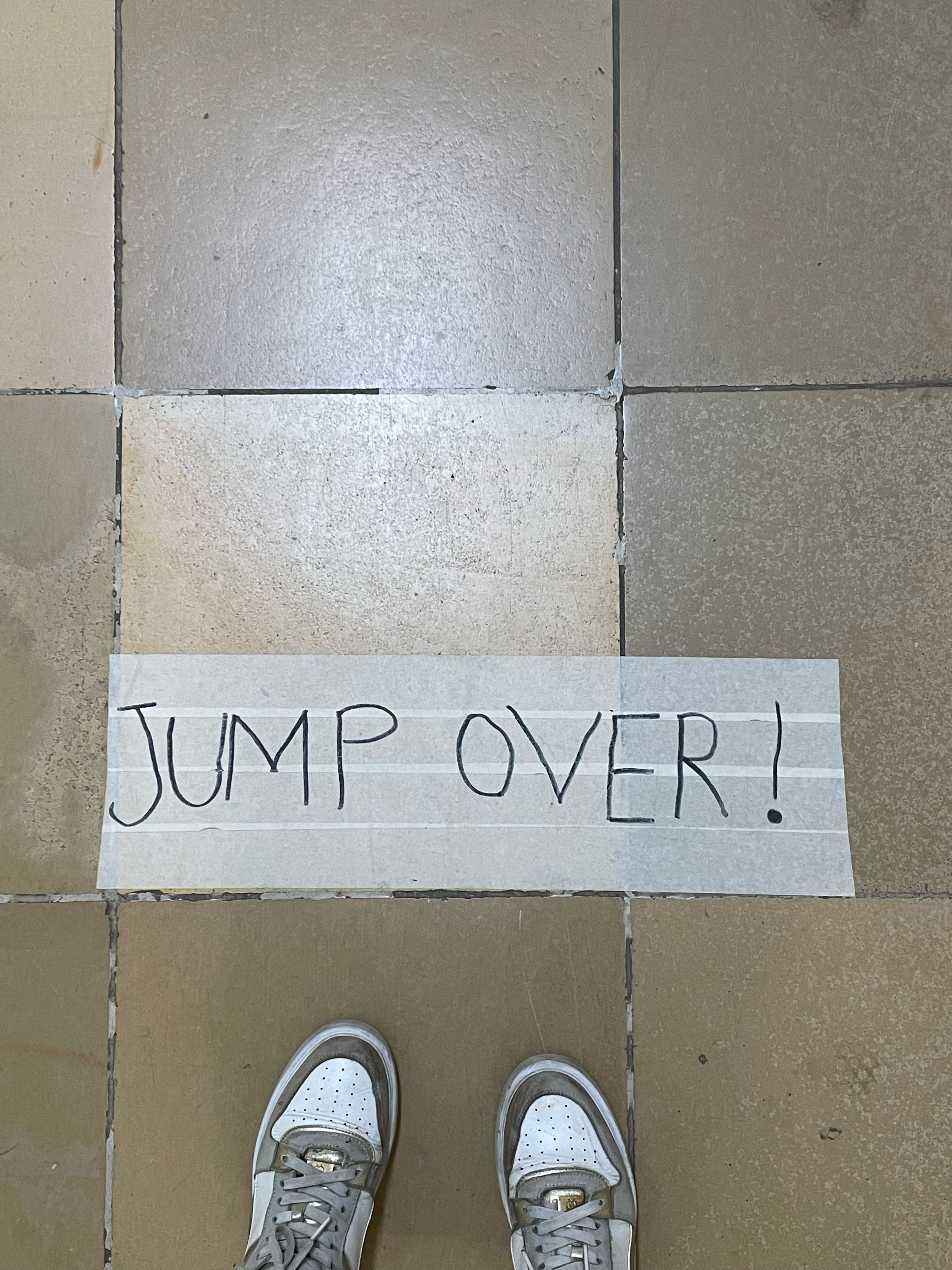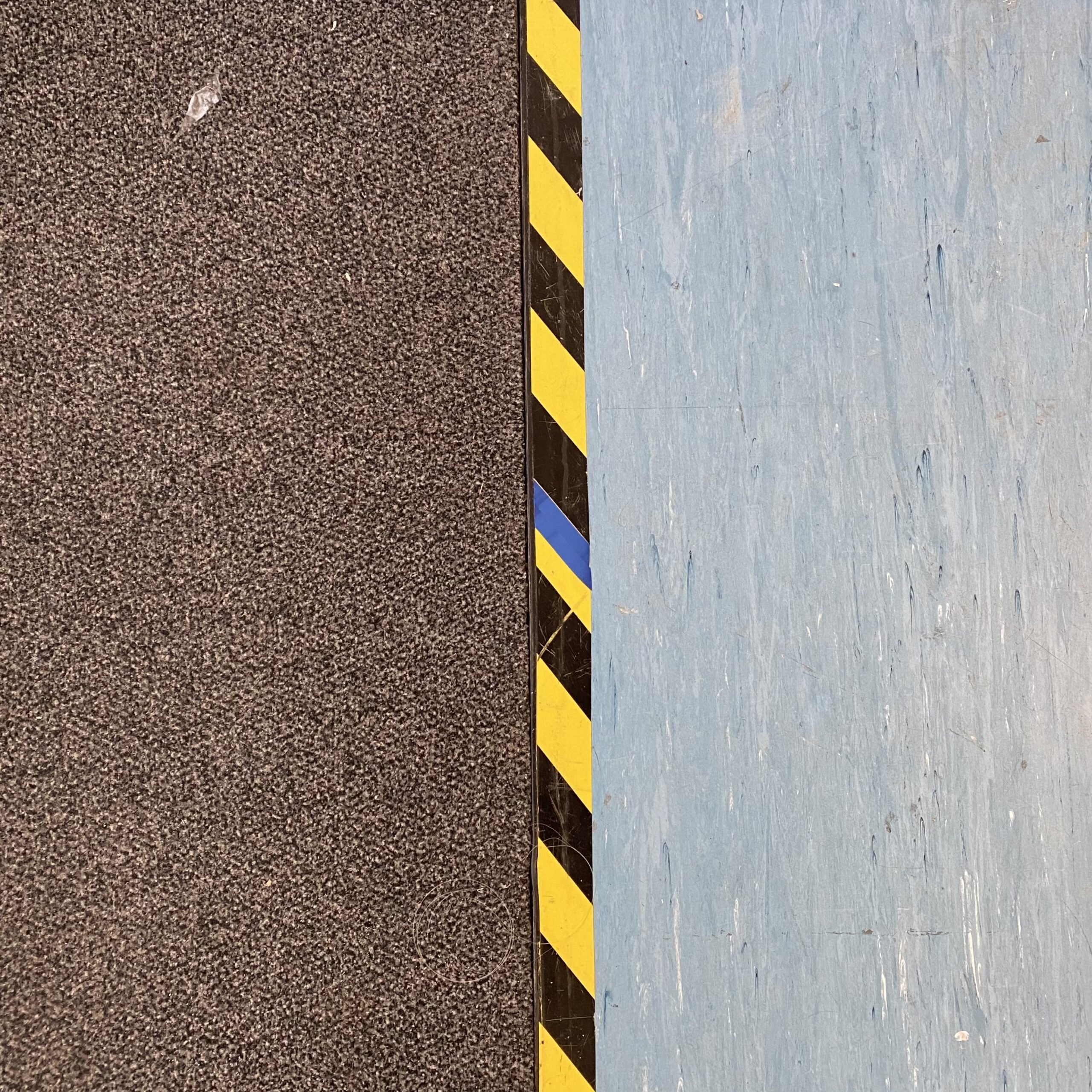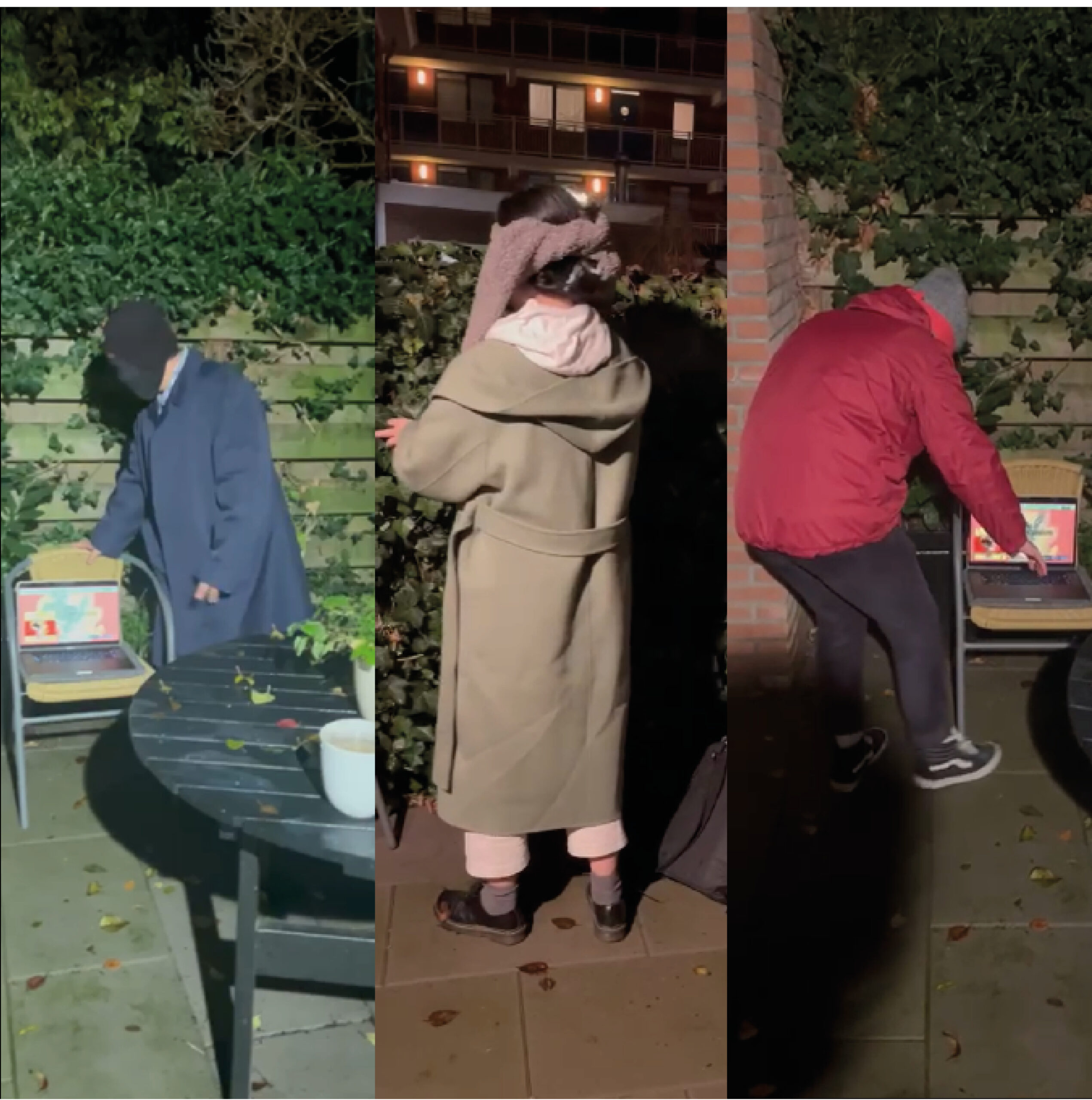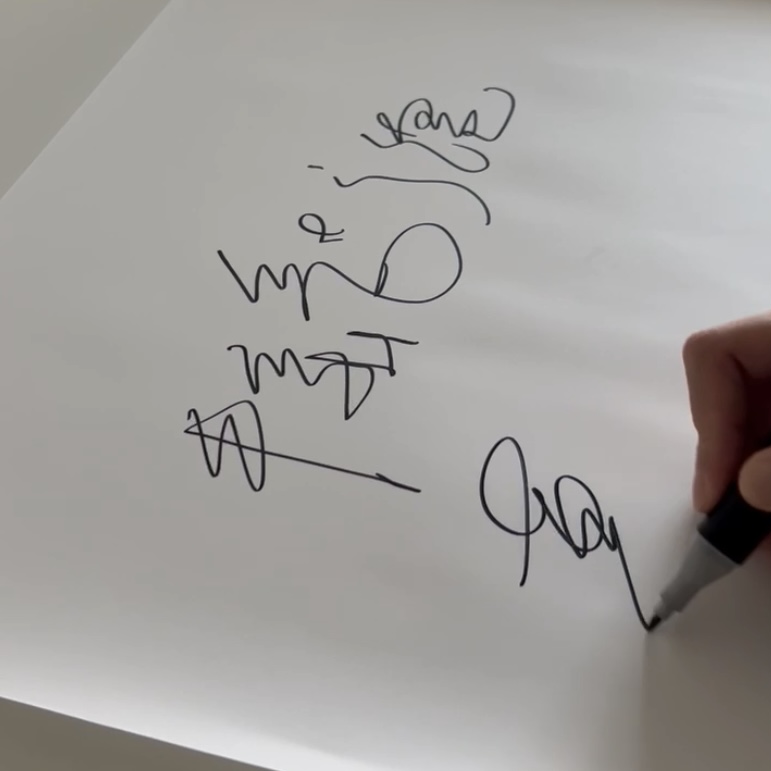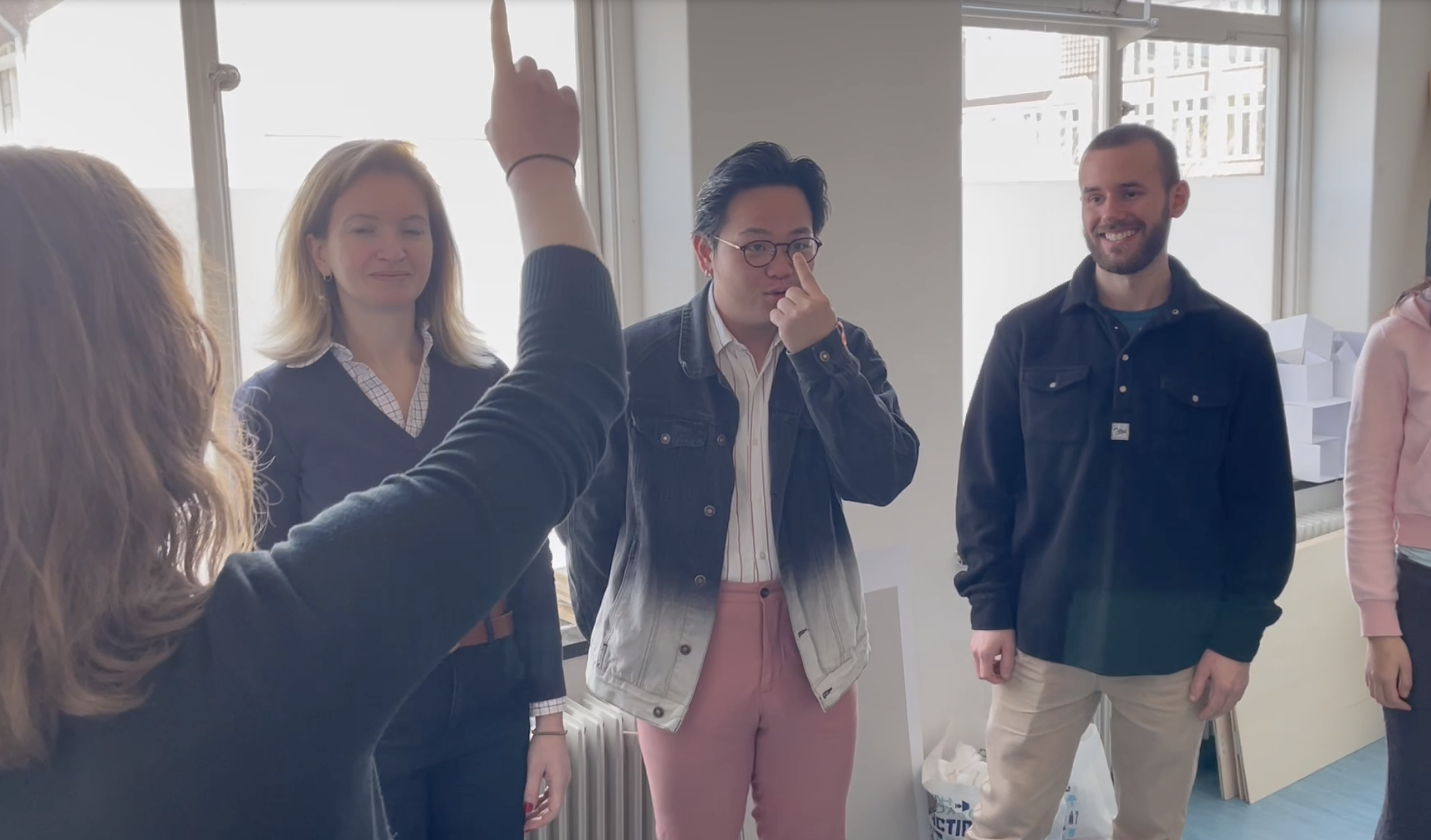Research question
How does changing our sensual input affect our perceptions of a space?
Experiment
To first explore this question we focus our experiment on the sense of touch. When it comes to navigating and becoming familiar with space we often rely on sight and sound to get around. Touch, however, is how we originally learn from our environments. We squirm and crawl, grabbing anything and everything, feeling it, moving it, learning about it. The first step of this experiment involves setting a timer for 2 minutes to explore an unfamiliar space. Participants are then asked to draw their experience of the space from memory. The procedure remains the same in the second round except the participants are asked to remove their shoes.
Findings
From comparing the two drawings from each round we can see that enhancing the physical sensation of walking does affect one’s experience of space.



Experiment (iteration 2)
The second iteration of our sensual memory map experiment involves negating participants’ sense of sight. Sight is one of the main senses we use to find our bearings in our environments. Removing one’s ability to see would force them to utilize other senses of wayfinding and thus effect how they interact with space and how they recall it. Participants are blindfolded and taken to an unfamiliar space. They are given a set amount of time to explore and are then asked to draw how they experienced the space.
Findings
Participants used different methods to become familiar with their spaces. Li made quick hand movements and used a chair to move freely. Faraneh moved slowly and methodically, shuffling her feet along the floor. Paige kept at least one point of contact with the wall to understand the boundaries of the space. The memory maps produced were fairly accurate and detailed.




